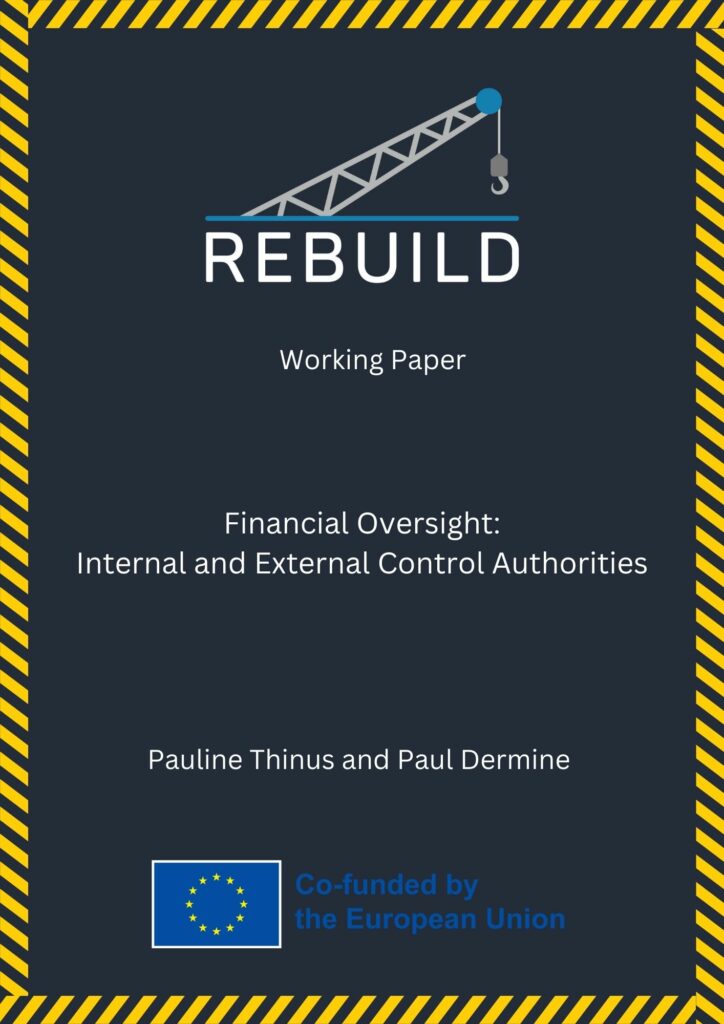Abstract
Sound financial management constitutes a major challenge of the national recovery
and resilience plans. The architects of NGEU and the RRF have sought a delicate balance
between macroeconomic performance (and the rapid injections of funds in national
economies) and the protection of the Union’s financial interests. The result is a singular
compromise, which this Chapter seeks to unveil. On the one hand, the RRF is implemented in
direct management, with the Member States as direct beneficiaries. On the other, recovery
plans rest on an elaborate control and audit system à la shared management, which closely
intertwines national and European apparati and is articulated around different procedural
phases, placing national authorities and final recipients of recovery funds under tight and
close scrutiny. The system also involves other supranational actors as external safeguards,
namely the European Court of Auditors (ECA), the European Public Prosecutor’s Office
(EPPO) and the European Anti-Fraud Office (OLAF).
